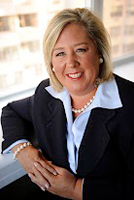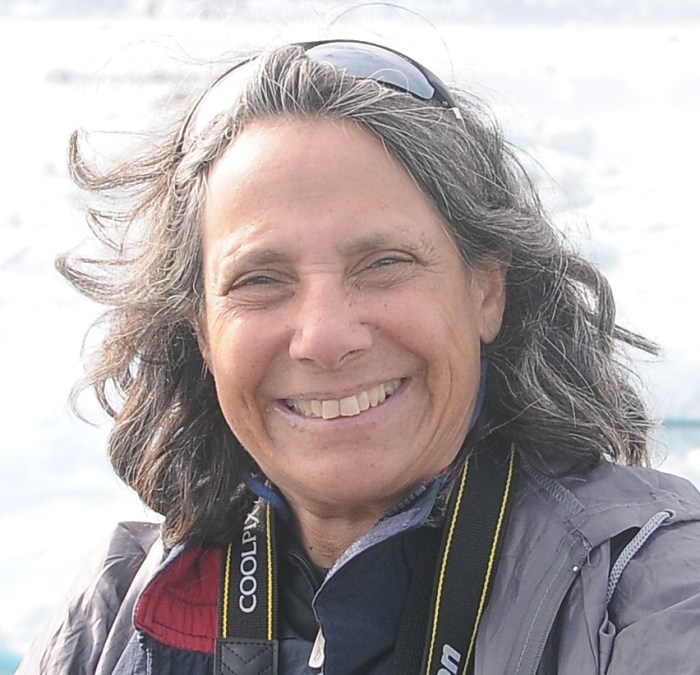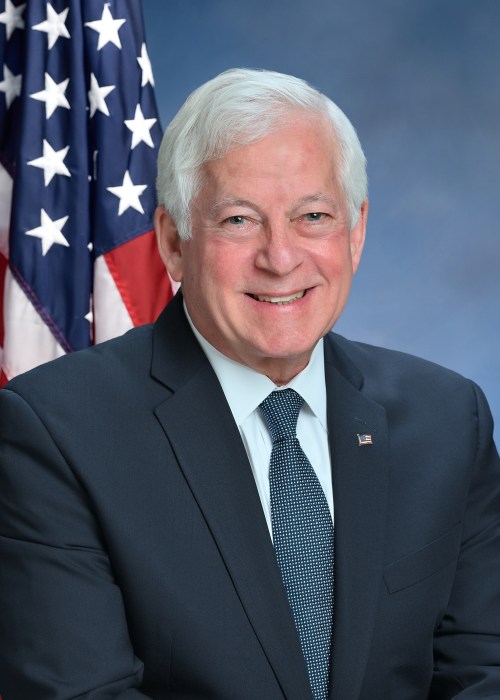
The first standup act I saw live was George Carlin. I was 18 years old and Carlin was playing on campus my freshman year at Rutgers University in New Jersey. I sat on the floor in the student center multi-purpose room. The show took place three years before Carlin was arrested for violating obscenity laws in Milwaukee after his legendary routine: “Seven Words You Can Never Say on Television.”
Carlin was a social critic whose acts included his thoughts on politics, the English language, religion and a variety of taboo subjects. He complained that American English is replete with euphemisms because Americans have difficulty dealing with reality. His views predated the term “politically correct.”
Carlin said that we use euphemisms to shield us from reality, that we use “soft language.” To illustrate, he said that poor people used to live in “slums” and now “the economically disadvantaged” occupy “substandard housing” in the “inner cities.” He said, maybe if we were not to use this type of language, people would realize what is going on, and that there are actually problems in the world. And maybe we could solve them.
Carlin’s advice comes to mind when I think about health care. One of his memorable lines on the subject was, “Isn’t it a bit unnerving that doctors call what they do ‘practice’?”
Columnist Paul Krugman wrote in The New York Times: “How did it become normal, or for that matter even acceptable, to refer to medical patients as ‘consumers?’ The relationship between patient and doctor used to be considered something special, almost sacred. Now politicians and supposed reformers talk about the act of receiving care as if it were no different from a commercial transaction, like buying a car—and their only complaint is that it isn’t commercial enough.”
Maybe the impersonal quality of such language made it easier for the majority members of the U.S. House of Representatives to pass the American Health Care Act (AHCA).
The facts are that if the AHCA become law, as written, basic protections for individuals with pre-existing conditions will be eliminated and the federal requirement that mental health and addictions care be included by insurers as an essential benefit will be removed.
Maybe instead of “pre-existing conditions” we should refer to it as “people who will suffer and die without affordable and timely health care.”
In any case, if the House’s AHCA passes the Senate, it will result in more families that are struggling with mental illness and addictions finding their loved ones in emergency rooms, in costly institutional settings, on the street, in jail or in the ground.
Treatment is the most effective way to help those with mental illness and addiction—treatment that often needs insurance coverage, just like any other health problem.
The answer is not “Obamacare” or “Trumpcare.” We need “Bipartisancare” that puts the American family first.
One thing is for sure; if George Carlin were still around to weigh in on the AHCA, he would be invoking “Seven Words You Can Never Say on Television” and, I’m certain, a few choice new ones.
Andrew Malekoff is the executive director of North Shore Child & Family Guidance Center, which provides comprehensive mental health services for children from birth through 24 and their families. Visit www.northshorechildguidance.org to find out more.


























